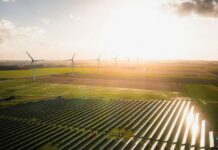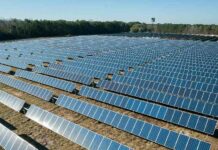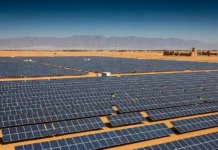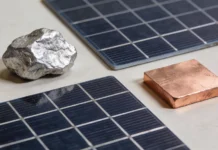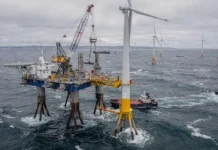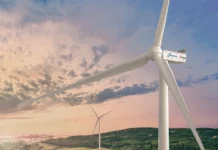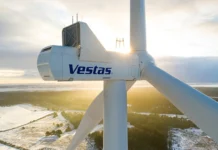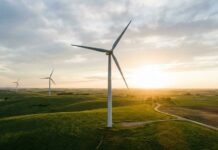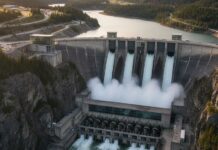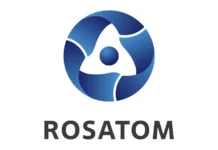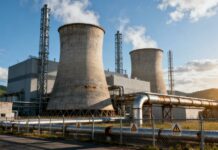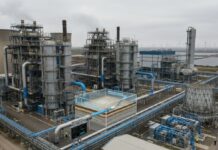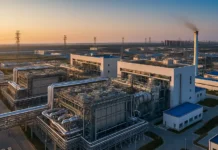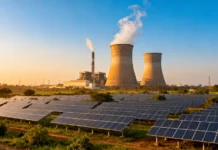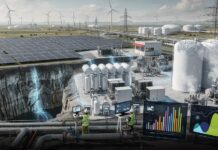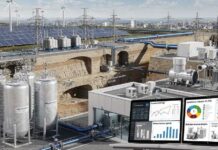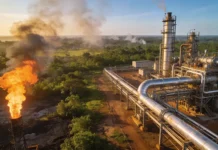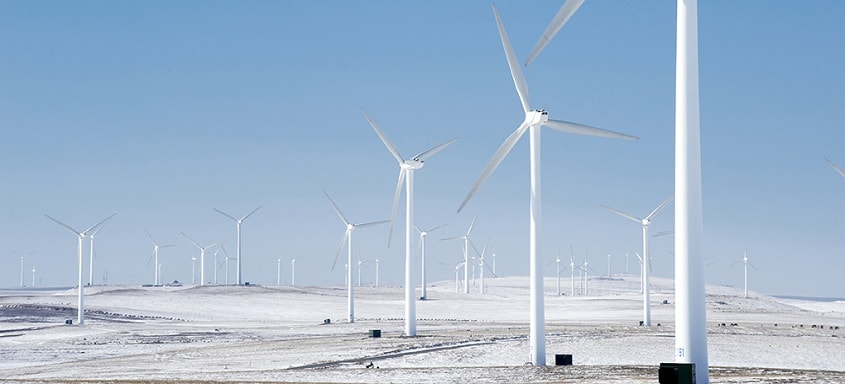Deering and Buckland are two small villages in northwestern Alaska, with populations of 200 and 400 mostly indigenous Inupiaq people.
For these residents, who rely heavily on fishing and hunting for their subsistence, life above the Arctic Circle is tough. Winter lasts for nine months with temperatures dipping to minus 60 degrees Fahrenheit.
The challenge of providing stable, reliable and affordable power has motivated many rural Arctic communities to incorporate increasing amounts of renewable resources to offset the high cost and environmental impact of diesel fuel. But while the flat coastal terrain is well-suited for wind generation, the wind turbines installed there, have been underutilized due to the intermittent and unstable nature of wind power.
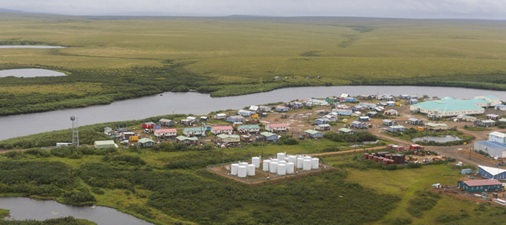
ABB will partner with the communities of Deering and Buckland to install advanced modular “plug-and-play” microgrids that will leverage proven ABB Ability™ Microgrid Plus automation system and PowerStore™ storage technology, to maximize the adoption of wind power. Incorporating more renewables will also help the communities to lower costs and support the objectives set out by NANA Regional Corporation, Inc. (NANA), the local utility to reduce reliance on imported diesel by up to 75 percent, by 2030.
“The deployment of these innovative microgrid solutions will enhance the integration of renewable energy and enable a stronger, smarter and greener grid in these remote parts of Alaska,” said Massimo Danieli, Head of ABB’s Grid Automation business, a part of the company’s Power Grids division.
ABB’s advanced Microgrid Plus control solution will manage the sophisticated automation of the hybrid systems while ensuring secure power supplies with an optimal renewable energy contribution. With the deployment of ABB’s PowerStore Battery technology, these remote Alaska communities will be able to achieve up to 100 percent renewable penetration and pursue a sustainable future.
“Our investment in this advanced microgrid technology from ABB will enable us to maximize the contribution of clean renewable energy and reduce the use of costly diesel fuel for powering our villages and projects,” said Wayne Qaniqsiruaq Westlake, President and CEO of NANA. “It will also enhance the quality of life for the residents and support a sustainable energy future.”



